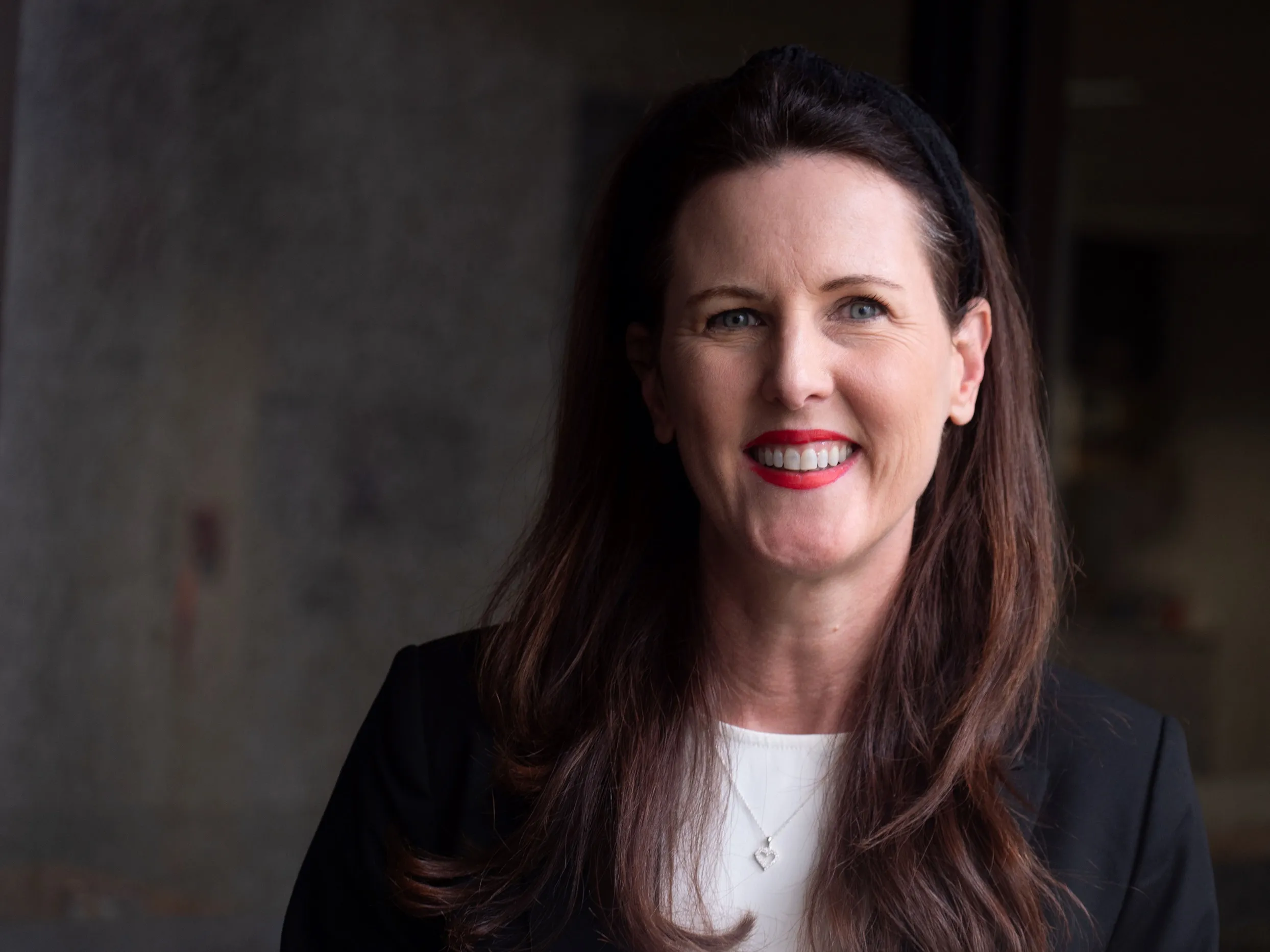UK company AECOM has been appointed by Singapore’s Land Transport Authority (LTA) to design and manage the Travel Smart project, a large mobility management pilot valued at almost US$1.6 million. Travel Smart aims to reduce travel demand during peak periods on Singapore’s road and public transport networks, and to encourage the use of more sustainable transport modes. Elaine Brick, AECOM’s associate director, transportation, Europe, explains, “Singapore is well known for innovative transport policies such a
October 19, 2012
Read time: 2 mins
UK company 3525 AECOM has been appointed by Singapore’s 918 Land Transport Authority (LTA) to design and manage the Travel Smart project, a large mobility management pilot valued at almost US$1.6 million.
Travel Smart aims to reduce travel demand during peak periods on Singapore’s road and public transport networks, and to encourage the use of more sustainable transport modes.
Elaine Brick, AECOM’s associate director, transportation, Europe, explains, “Singapore is well known for innovative transport policies such as the vehicle quota system and electronic road pricing. Having studied the workplace-based travel planning practices in the United Kingdom, Ireland, Australia and other countries, the LTA is conducting a pilot study. It is the first of its kind in the region and will supplement the package of travel demand management tools that are already in place.
AECOM will work with thirteen organisations across Singapore to promote flexible working arrangements and to endorse sustainable travel modes at both organisational and personal levels. Once the plans have been fully implemented, AECOM will undertake an impact evaluation to assess if the plans have been effective and met the agreed objectives.
Brick says the company has a multidisciplinary team working on this project, drawing on specialist expertise from the United Kingdom, Ireland, Australia and New Zealand, with their local team in Singapore adding in-depth knowledge and understanding of the local context. Various approaches to travel planning in the workplace will be tested to determine which will be most effective in the Singapore context. Throughout this process AECOM will be closely monitoring the travel behaviour of employees in participating organisations to determine the impact of the measures introduced.
Travel Smart aims to reduce travel demand during peak periods on Singapore’s road and public transport networks, and to encourage the use of more sustainable transport modes.
Elaine Brick, AECOM’s associate director, transportation, Europe, explains, “Singapore is well known for innovative transport policies such as the vehicle quota system and electronic road pricing. Having studied the workplace-based travel planning practices in the United Kingdom, Ireland, Australia and other countries, the LTA is conducting a pilot study. It is the first of its kind in the region and will supplement the package of travel demand management tools that are already in place.
AECOM will work with thirteen organisations across Singapore to promote flexible working arrangements and to endorse sustainable travel modes at both organisational and personal levels. Once the plans have been fully implemented, AECOM will undertake an impact evaluation to assess if the plans have been effective and met the agreed objectives.
Brick says the company has a multidisciplinary team working on this project, drawing on specialist expertise from the United Kingdom, Ireland, Australia and New Zealand, with their local team in Singapore adding in-depth knowledge and understanding of the local context. Various approaches to travel planning in the workplace will be tested to determine which will be most effective in the Singapore context. Throughout this process AECOM will be closely monitoring the travel behaviour of employees in participating organisations to determine the impact of the measures introduced.










